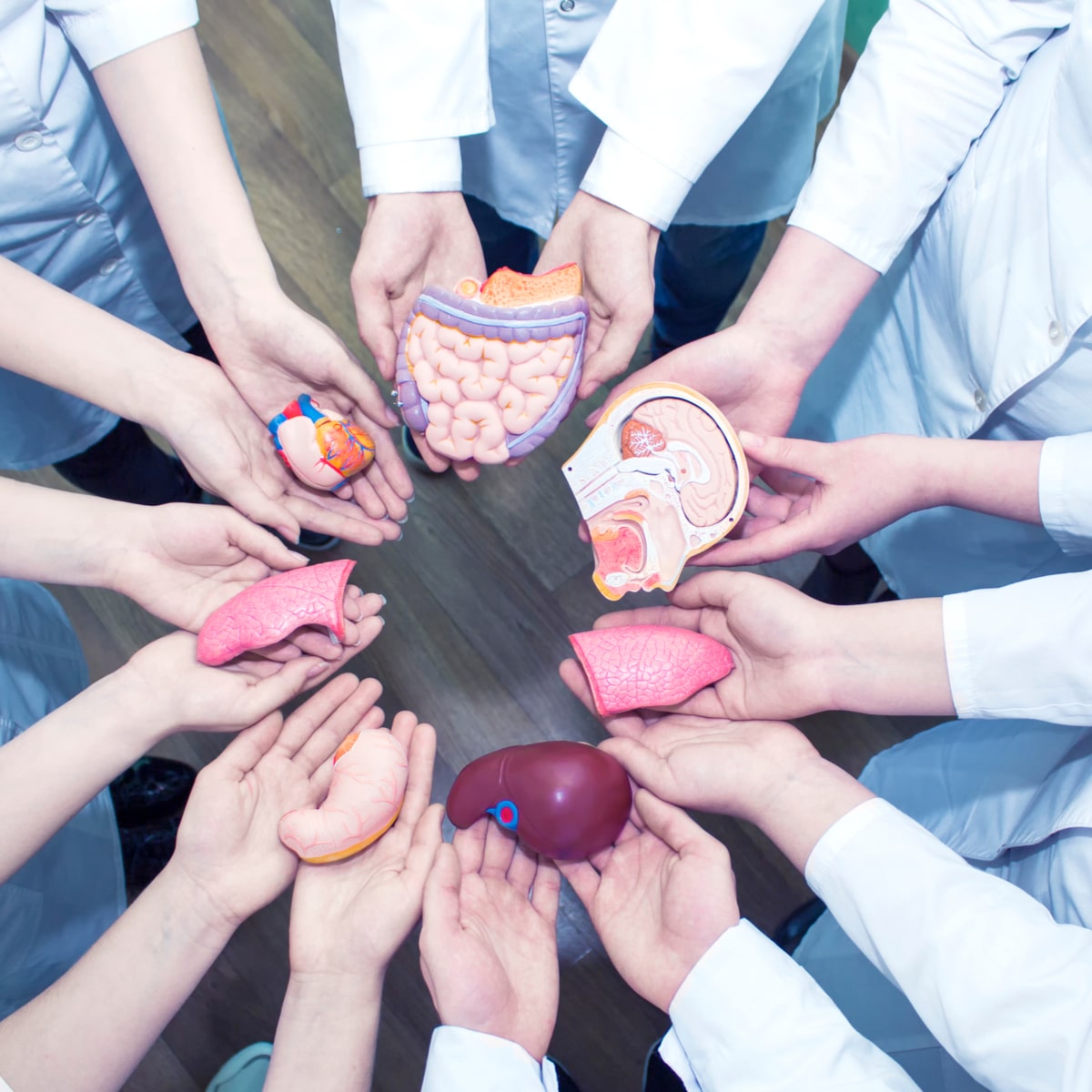

I was reading about organ transplants the other day, and a thought crossed my mind – if a younger person donates an organ to an older person, could it help slow down the aging process for the recipient?
The idea that organ transplantation from a younger person to an older person could slow down the aging process in the recipient is an intriguing concept. However, it is important to understand that aging is a complex biological process influenced by numerous factors, and organ transplantation alone is unlikely to have a significant impact on slowing down aging.
Aging is primarily driven by the accumulation of damage to cells, tissues, and organs over time. This damage occurs due to genetic factors, environmental influences, and lifestyle choices. While organ transplantation can provide a new organ to replace a damaged or failing one, it does not address the underlying causes of aging.
Organ transplantation does offer numerous benefits, such as improving the recipient's quality of life and extending their lifespan by treating organ failure or disease. For example, a heart transplant can help an older person with heart failure regain normal cardiac function, allowing them to live longer and have a better quality of life. However, it does not fundamentally alter the aging process itself.
It is also worth noting that organ transplantation carries its own set of risks and complications, such as organ rejection, side effects of immunosuppressive medications, and the availability of suitable organs. These factors need to be carefully considered when evaluating the potential benefits of organ transplantation.
To date, there is no scientific evidence to suggest that organ transplantation from a younger person to an older person has any direct impact on slowing down the aging process in the recipient. Aging is a multifaceted process influenced by a combination of genetic, environmental, and lifestyle factors. While organ transplantation can improve the health and well-being of recipients, its effects on aging itself are limited.
In conclusion, while the idea of organ transplantation slowing down aging is intriguing, it remains purely speculative at this point. Aging is a complex process influenced by various factors, and organ transplantation alone is unlikely to have a significant impact on slowing down aging. Further research is needed to better understand the mechanisms of aging and how various interventions may influence the process.
References:
1. López-Otín, C., Blasco, M. A., Partridge, L., Serrano, M., & Kroemer, G. (2013). The hallmarks of aging. Cell, 153(6), 1194-1217.
2. National Institute on Aging. (2020). Why Aging Matters. Retrieved from https://www.nia.nih.gov/health/why-aging-matters
Related Posts
© 2025 Invastor. All Rights Reserved

User Comments
Carson Davis
a year ago
Well said. Our curiosity and willingness to explore these questions will only drive us to uncover more about the remarkable world of medicine and biology.
Cameron Monroe
a year ago
And it reminds us that even with all our advancements, there's still so much about the human body and the aging process that remains a mystery.
Ada Guerrero
a year ago
Absolutely. It's through discussions like this that we can learn and speculate, ultimately contributing to our collective understanding of the human body and its intricate processes.
Carson Davis
a year ago
It's fascinating how medical science continues to evolve, addressing complex questions like these. While we might not have all the answers now, who knows what we'll discover in the future?
Cameron Monroe
a year ago
I think the advancements in organ transplantation are incredible, and they can greatly improve the quality of life for recipients. But when it comes to aging, there's still a lot we don't fully understand.
Ada Guerrero
a year ago
Exactly. Aging is a systemic process that involves multiple factors, and while a transplant might offer benefits, it's unlikely to be a magic solution to slowing down aging.
Carson Davis
a year ago
So, it's not as simple as just swapping out an older organ for a younger one. It's about the complex interplay between the organ, the recipient's body, and the aging process itself.
Cameron Monroe
a year ago
Right. The surrounding environment can impact the longevity of the organ. Plus, the recipient's body might have an impact on the health of the transplanted organ.
Ada Guerrero
a year ago
And regarding your second question – whether the transplanted organ would age faster due to the already aged organs around it – I think that's possible. Cells communicate with each other, and the environment within the body can affect how cells function.
Carson Davis
a year ago
That's a good point. It's not just about the organ's age, but also how well it's accepted by the recipient's body.